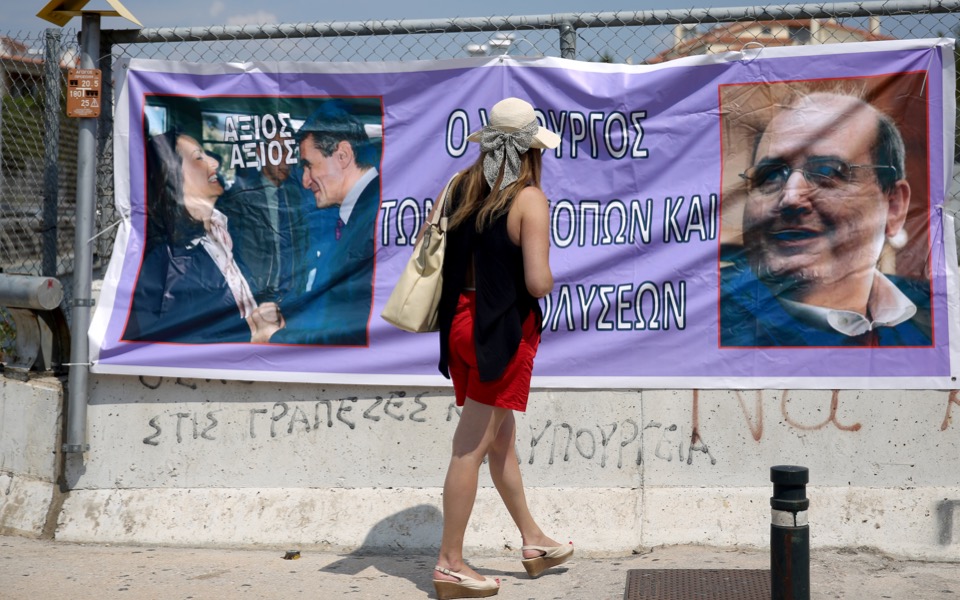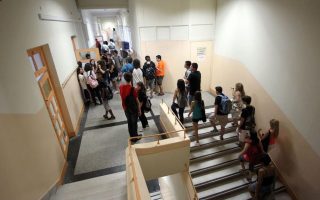New Greek education measures will lower standards, say critics

The government’s changes to the country’s education system will lower standards and unravel reforms made in the past, according to private school owners and the opposition.
The amendment submitted to Parliament on Wednesday – which several critics have described as an ill-conceived attempt by the leftist-led government to “sovietize” the country’s education system – calls, among others, for additional state oversight of labor relations at private schools.
Education Minister Nikos Filis has insisted that the measures are designed to safeguard the basic rights of private school teachers as, he says, the existing education system is powered by private enterprise and the principle that schools can sack teachers at will.
The move has been backed by the Federation of Private School Teachers (OIELE) as a way to safeguard their rights and their jobs.
The new measures also require private schools to declare extracurricular programs to ensure that income is taxed and insurance contributions are paid.
However, the Association of Private Schools (SIS) described it as a “black day for Greek education,” insisting that all it will do is prevent the evaluation of teachers and lower standards.
“The amendment by Filis is not coming to sort out a regime of undeclared labor that he and his friends at OIELE claim exists at private schools,” the association said in statement.
If anything, SIS contended, the recent audits by labor inspectors have given private schools a clean bill of health, throwing the assertion made by Filis and OIELE out of the window.
SIS accused the minister of working on behalf of OIELE, which wants to “ban private education” and to implement SYRIZA’s pre-election rhetoric that described private education as an ill that must be eradicated.
“Since Filis cannot overtly ban private schools, he is attempting to shut them down by equating them, with his amendment, with public schools,” the association said, adding that all the amendment will accomplish is simply to transfer the problems of state-run education to private schools.
The amendment also forbids tertiary institutions from expelling students from further attendance if they fail to register for two semesters running. Critics have slammed the idea as it would revive the concept of so-called “eternal students” – which refers to students who took years complete their university courses.





